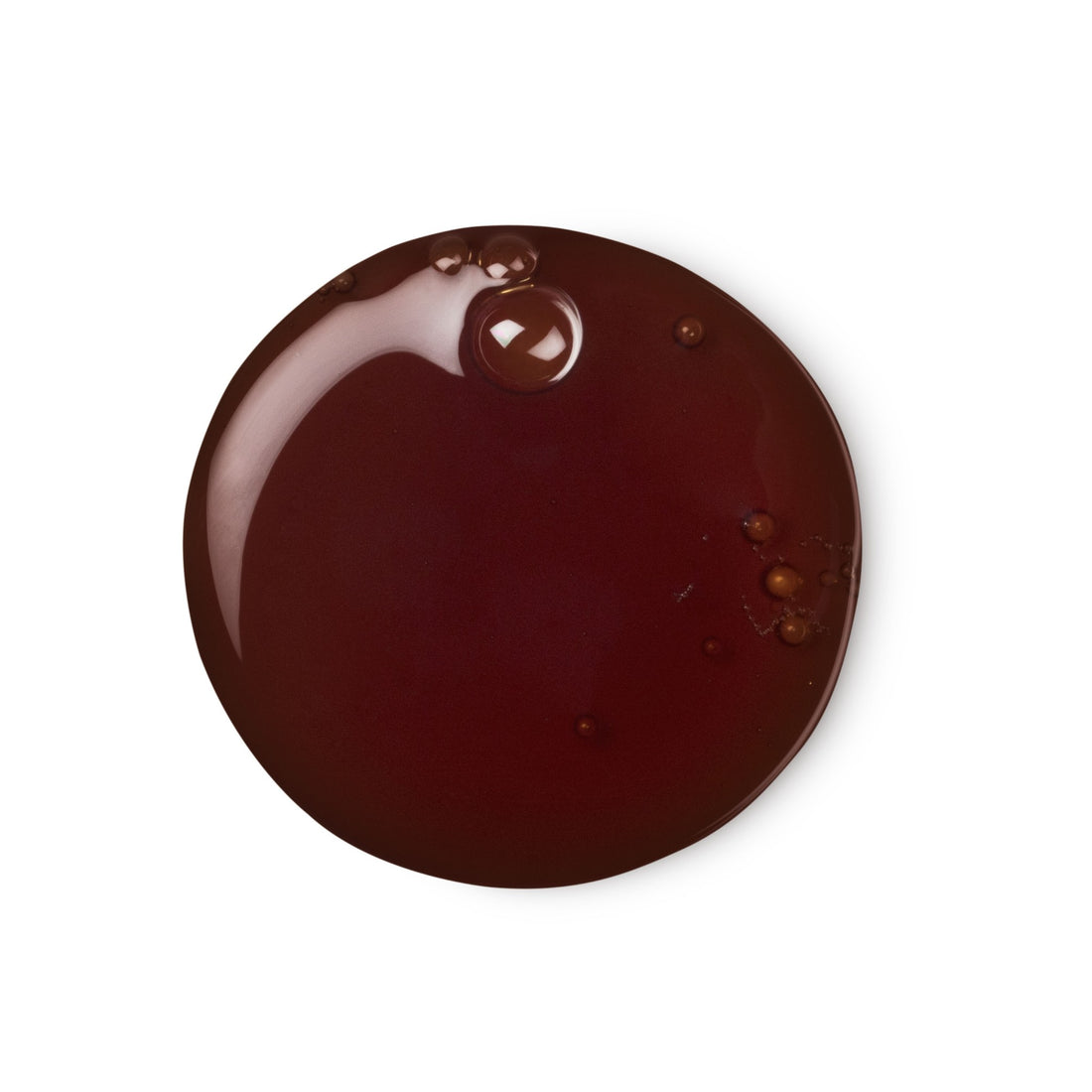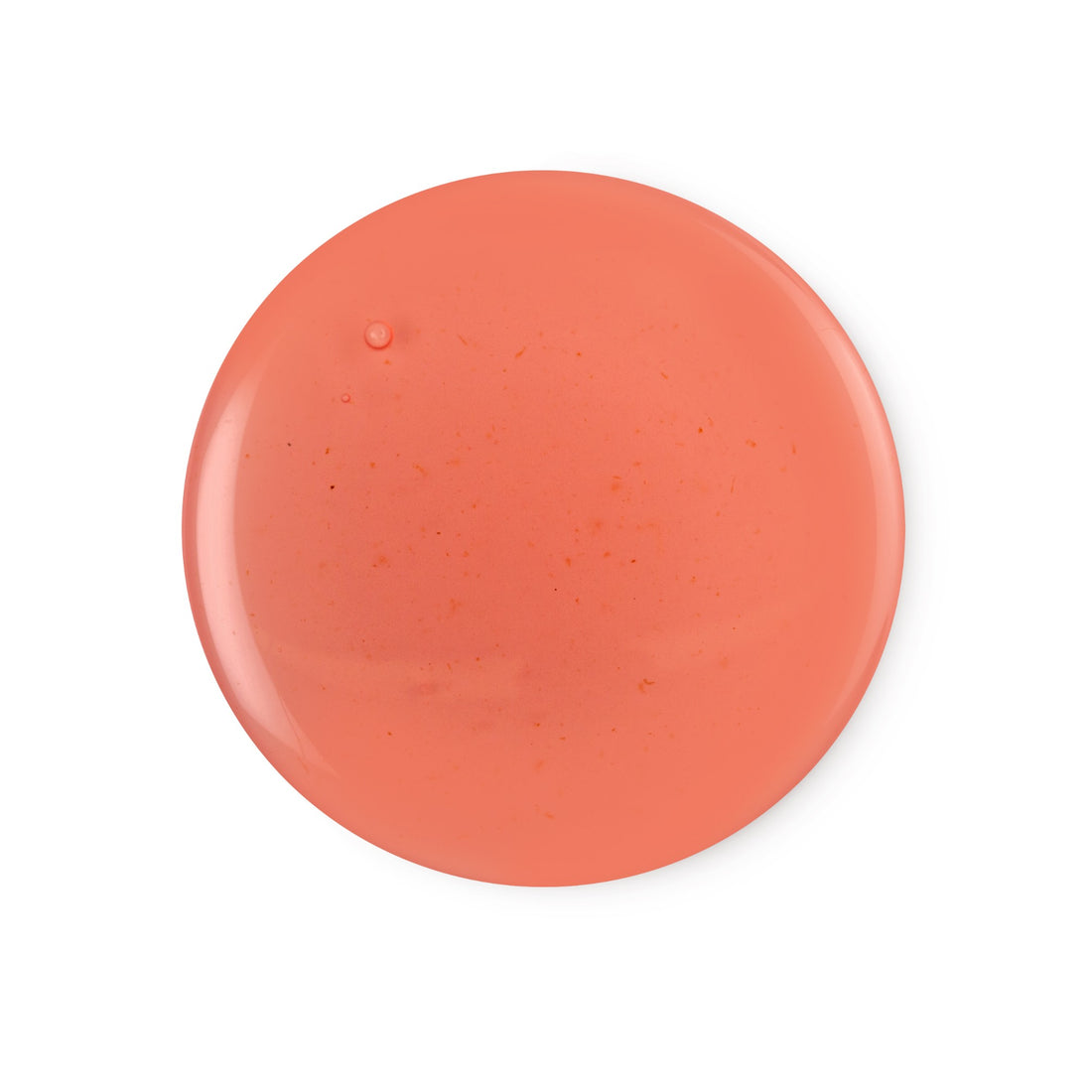How easy do you find it to switch off? Science says it may depend on your age group.
According to market research conducted in 2015 by Mintel, young adults aged between 16 to 34 are the ‘most stressed’ age group, and experts are pointing the blame directly at this group’s high levels of social media exposure. The average UK home now owns 7.4 devices which are connected to the internet. When broken down, that’s an average of 1.7 smartphones, 1.3 laptops and 1.2 tablets, one games console, 0.6 desktop computers and 0.5 connected TVs per household. These high levels of connectivity are making it harder for us to disengage.
Technology has transformed our 9 to 5, giving us better opportunities and communication tools, but it’s also made it harder to unwind. Thankfully, there are some simple steps you can take to enhance your downtime and reduce stress.
- Retrain your brain. When bored or stressed, it’s easy to crave a quick fix in the form of clicks and likes, but breaking this habit will mean your happiness isn’t dependent on the number of shares your latest tweet received. If you crave social interaction, spending time (in person) with family and friends will give you a long-term boost, and get you away from the screen.
- Take a walk - and leave your phone in your pocket. Research by the University of Essex has found that exercising in pleasant surroundings has a greater effect in reducing blood pressure than hitting the gym and plugging into another screen. Green spaces and fresh air, ideally close to water, were shown to significantly improve self-esteem and enable participants to relax more effectively in the evening.
- Treat your commute as ‘me-time’ not an opportunity to work remotely. Professor Mark Cropley, author of The Off-Switch, advises: “The shortest route to changing your thought pattern is to find a task that is the total opposite to your work and completely absorbs the mind. For an accountant who looks as a screen for ten hours a day, for example, cycling home – a physical activity where you have to be aware of traffic around you – is ideal.”
- Practise mindfulness. Limit distractions such as the TV, radio or flicking between apps and take the time to focus on your food, notice your surroundings and tune into how you are feeling. Identifying feelings of stress and when and why they occur will enable you to take control of them. If you feel stressed, meditating on an object, taking in its texture, appearance and smell can help you remain calm.
- Read a book in bed - not your tablet. Oxford scientists have declared that we now get up to two hours’ less sleep than we did 60 years ago, and this could be due to our use of bright screens at bedtime, which prevent our brains from releasing melatonin, the hormone that tells our bodies it's night time. Turning off your tablet an hour before bedtime, can help keep our body clock in check. “Make sure you read with traditional lighting, so called ‘warm’ light with more energy in the red end of the spectrum,” adds psychologist Lynn D. Johnson.“That convinces the brain it is sundown and time to quiet down.”
- To aid sleep further, take a bath. Not only does soaking in the bath encourage you to put down your smartphone, but the hot water will raise your body temperature slightly so that when you get out the quick cool down mimics the natural temperature drop triggered by the brain before sleep. To get the most out of your bath, practise meditation, read a good book or listen to music rather than switching on Netflix. Essential oils like lavender and eucalyptus are also renowned for their calming, therapeutic effects. Focus on your breathing, and cherish the opportunity to have time and space all to yourself. You can read more on the benefits of bathing here.













